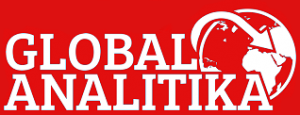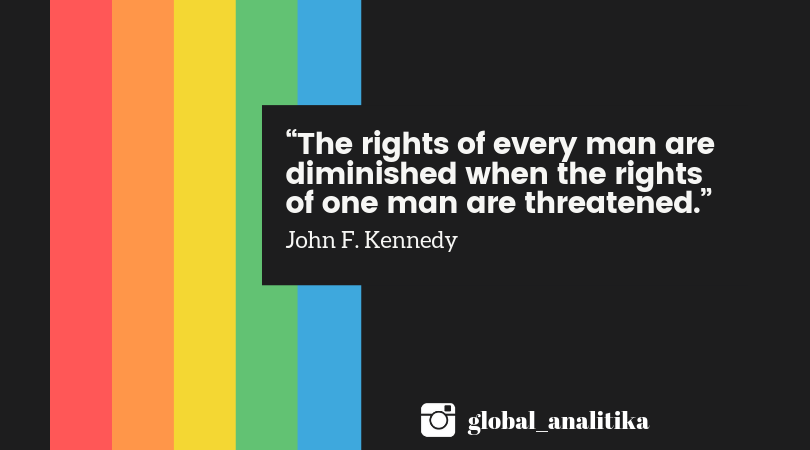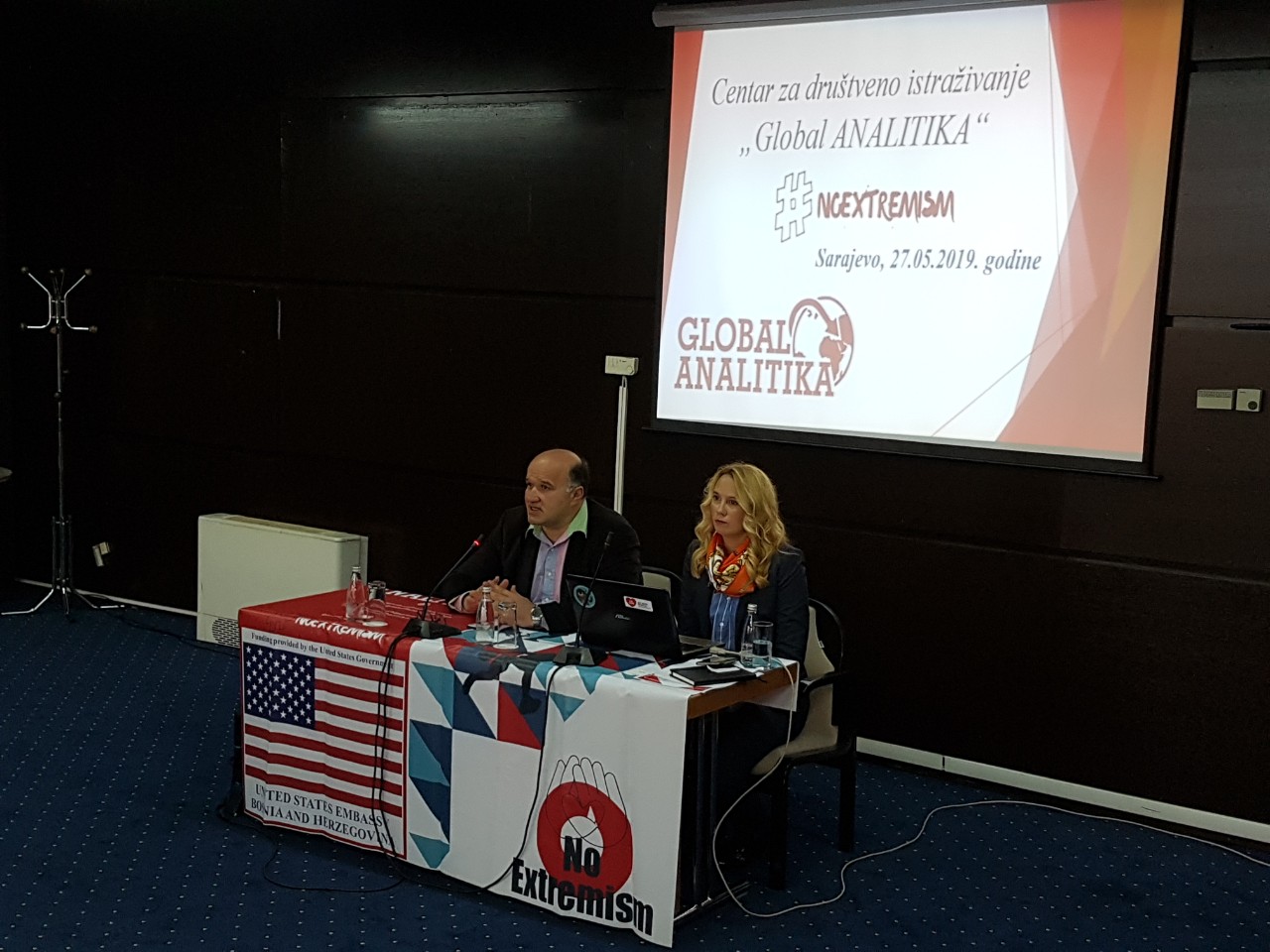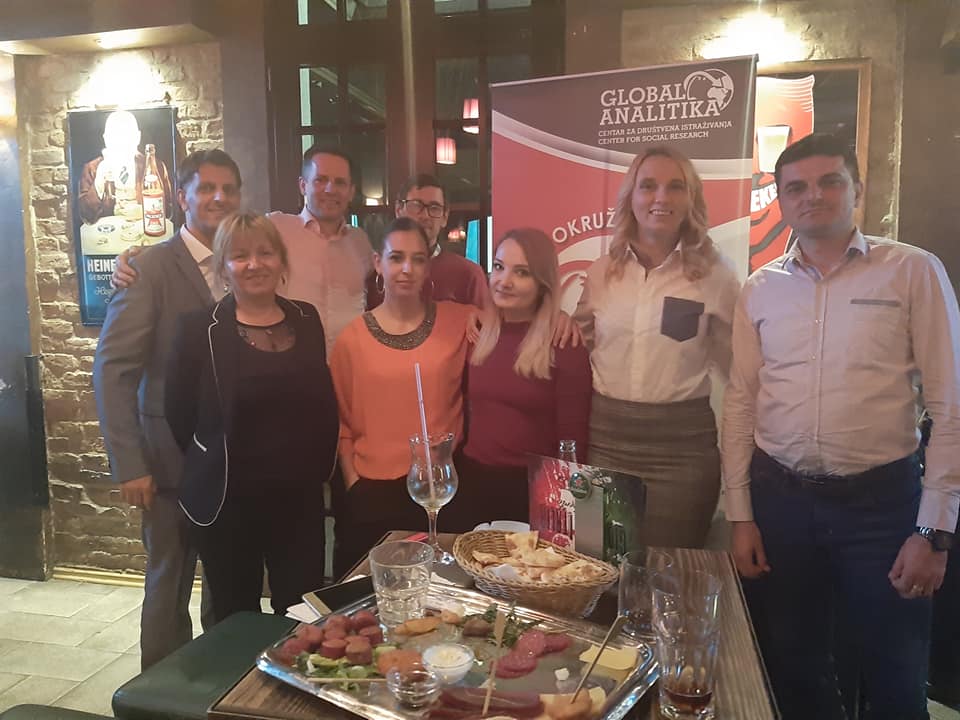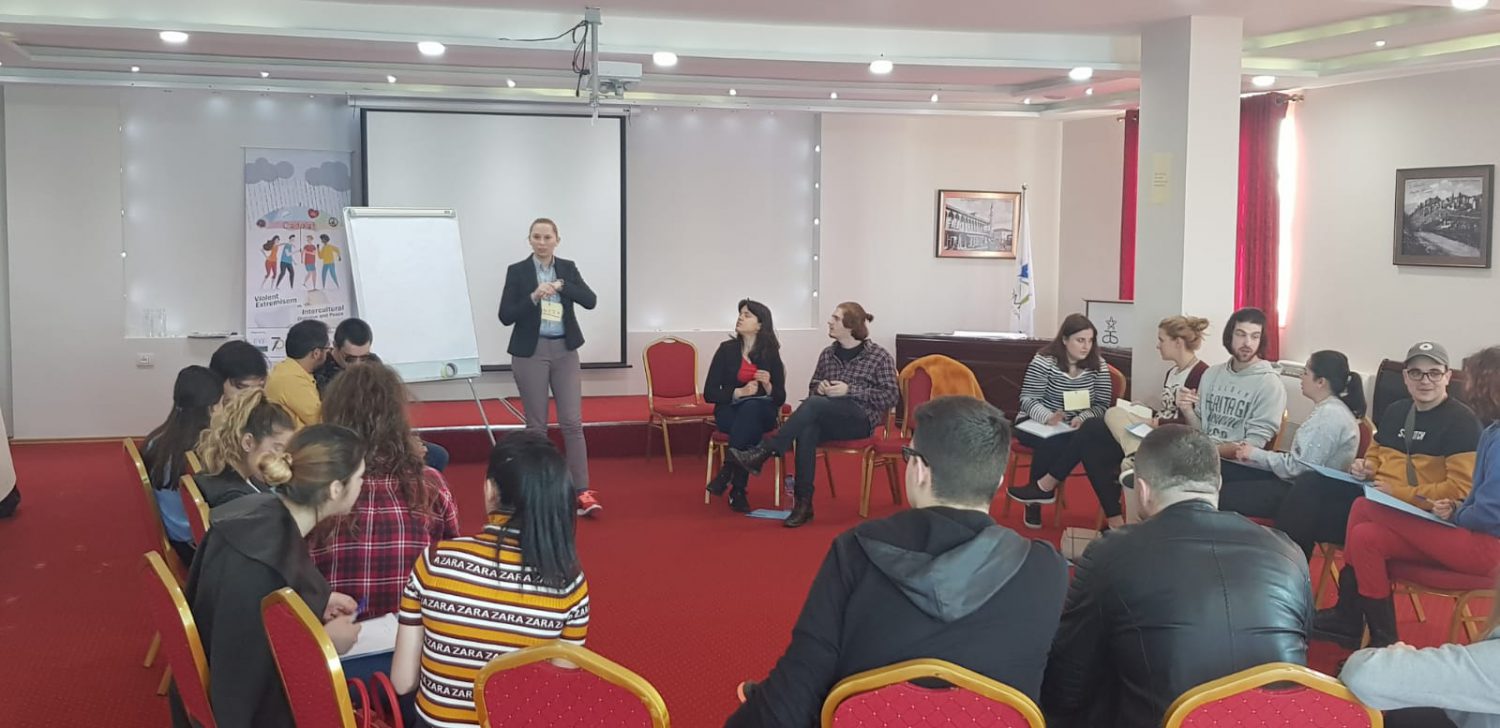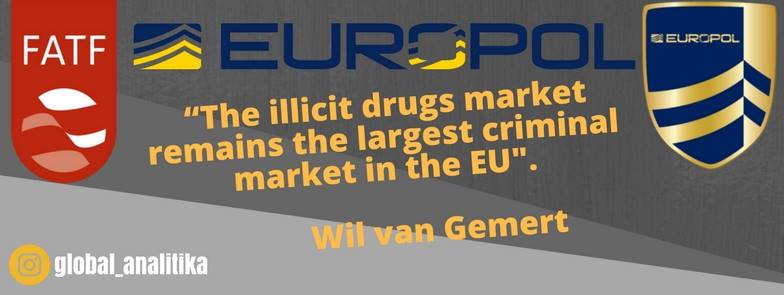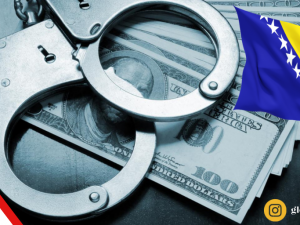The latest Strategic Report How Illegal Drugs Sustain Organised Crime which is released by EUROPOL, clearly indicates that the drug market is the largest criminal market in the EU. EUROPOL is a criminal intelligence agency of the European Union that has been informing us about its work for many years. The new report provides us with information on how illegal drugs sustain organized crime in the EU, and these are just some of the factors that are in the report:
- The drugs trade in the EU is estimated to generate at least EUR 24 billion in revenue each year, which makes it the EU’s largest criminal market.
- Around 35% of the organised crime groups active in the EU are involved in the production, trafficking or distribution of illegal drugs.
- The market for synthetic drugs and new psychoactive substances (NPS) remains the most dynamic drugs market in the EU; over the last 5 years 620 new substances were detected.
- There has been a large increase in the availability of fentanils on the European illicit drug market. Since 2012, a total of 24 new fentanils have been identified on Europe’s drug market, including 14 already since January 2016.
- Drugs are now widely traded online on various platforms. The sale of drugs via Darknet marketplaces is a significant threat and continues to expand.
Europol’s Deputy Executive Director of Operations Wil van Gemert: “The illicit drugs market remains the largest criminal market in the EU. More organized crime groups are active in the production, trafficking, and distribution of illicit drugs than any other phenomenon. Moreover, drug markets are increasingly diversified and globalized and interrelate more and more with other illicit and criminal markets and activities. The latter include, although not systematically, terrorism. Fortunately, in recent years cooperation between law enforcement authorities to fight serious and organized crime, be it drugs or any other crime area, is improving and providing grounds for good results in dismantling organized crime groups and networks.”
The fight against money laundering has not achieved a particular success, the level of money laundering activity in the EU is significant, as it contributes to the profit generated by drug trafficking.
On 6 and 7 December 2017, the Heads of Drugs Units of all EU Member States, representatives of the EU Commission and EU agencies such as Eurojust and the European Monitoring Centre for Drugs and Drugs Addiction (EMCDDA) as well as the United States Drug Enforcement Administration (DEA) , other operational partners and 10 third countries with operational agreements with Europol will gather at Europol to identify and discuss the implementation of new ways to tackle the trade in illegal drugs, which is one of the most threatening criminal phenomena in the EU. The conference complements the evaluation of the implementation of the EU Drugs Strategy 2013-2020 and the EU Action Plan on Drugs 2013-2016 by the European Commission.
According to this evaluation, available evidence shows that there has been at least some progress in all EU Action Plan actions aimed at drug supply reduction, however, a significant reduction in the supply of drugs was not recorded in recent years. Building on the findings of the evaluation, the new Action Plan on Drugs 2017-2020 provides a strengthened response to the newly-emerging health and security challenges in the area of illicit drug use and trafficking.
SITUATION IN BOSNIA AND HERZEGOVINA
Due to the fact that in Bosnia and Herzegovina there is a phenomenon of radicalization and activities from extremist positions, which poses a threat to security, which can lead to terrorism, it is especially important for investigating authorities to issue financing for terrorism-related activities. Detection of cash flows is sometimes also very important evidence in detecting and cutting potential threats or activities related to terrorism. Often, such illegal financial transactions or those “fictitious” hide money from states that for their own reasons can support the activities of groups and individuals associated with extremism, terrorism or the funding of paramilitary formations. Data from international as well as domestic security agencies that fight organized crime suggest that the so-called “Balkan smuggling route” remains active and used for smuggling of drugs, weapons, and human trafficking.
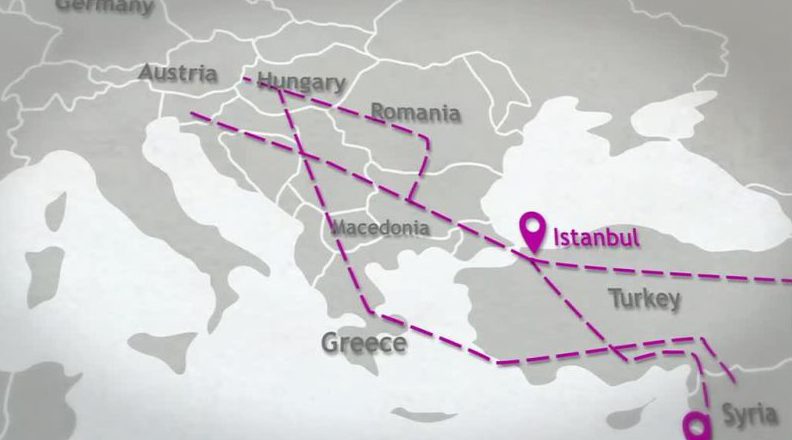
Most of the registered criminal groups and persons are still involved in trafficking activities, and the data show that organized crime has no boundaries and obstacles at the regional level. Logically, it is clear that these organized criminal groups are ready for everything for money, so it does not matter to them who are the ultimate buyers of weapons or drugs, but only money, which leaves the area of direct or indirect financing of terrorist activities with money from organized crime. Specifically, this correlates with the stated EUROPOL estimates.
One of the negative examples of non-cooperation of BiH with EUROPOL is the absence of a signature on the memorandum on the establishment of a contact point for cooperation between Bosnia and Herzegovina and EUROPOL, due to the political conditioning of Ministry of Internal Affairs of Republika Srpska. Although, on August 31, 2016, the Minister of Security of Bosnia and Herzegovina Dragan Mektić and Director of the European Police Office Rob Wainwright signed in Sarajevo the Agreement on Operational and Strategic Cooperation between BiH and EUROPOL. After that, BiH was supposed to send its liaison officer to the EUROPOL headquarters in The Hague and form a contact point here through which EUROPOL would contact BiH.
More positive examples have been made earlier, and in June 2015, BiH achieved high-level political commitment to work with FATF and MONEYVAL in order to coordinate the resolution of its strategic deficiencies with regard to AML / CFT.
Bosnia and Herzegovina also significantly addressed its action plan at the technical level, including the completion of the criminalization of the financing of terrorism, as well as following:
- the establishment of an adequate legal framework for the freezing of terrorist assets under United Nations Security Council Resolution 1373,
- developing an adequate supervisory framework for the fight against corruption,
- developing adequate measures for the non-profit sector,
- establishing an adequate cross-border currency control,
- harmonization of criminalization of money laundering in all criminal codes,
- providing adequate procedures for seizing property, and
- adoption of the Law on Prevention of Money Laundering and Financing of Terrorist Activities.
This kind of law in Bosnia and Herzegovina has the task of implementing and monitoring measures, actions and procedures in the financial and non-financial sector undertaken aimed at preventive and repressive action when it comes to money laundering and financing of terrorist activities, as well as prescribing the taxpayers who are required to work according to legal regulations with inter-institutional within Bosnia and Herzegovina and international cooperation.
In order for one state to fulfill the conditions of an adequate fight against all forms of organized crime, terrorism, money laundering and etc., it is necessary cooperation with the EU and works on improving the standards represent a prerequisite for effective action.
All checks and evaluations are focused on technical compliance with the prescribed international standards because innovations are continuously introduced in the way of combating money laundering and terrorist financing. Therefore, here should be drawn a particular attention to the risk assessment process as the starting category for quick action, primarily when it comes to achieving business relations between financial and non-financial institutions with others where everything needs to be monitored in line with investigations into criminal offenses. The advancement of scientific, technical and technological achievements requires a “one step ahead” adjustment and action in order to fight against these types of crime as efficient as possible.
These estimates show that it is necessary to continue all intelligence and investigative activities and intensify international cooperation, as well as secure and financial agencies in BiH, in order to track illegal money flows and on time discovered and covers the possibility of financing activities related to terrorism and the financing of extremist and paramilitary formations and groups in BiH.
